"Screenage" Wasteland?
We spent a lot of time with our eyes on screens.How could we not? Screens are everywhere. Take a spontaneous digital field trip through your home and just count the number of screens you own.(I'll pause while you count:)From my iPod to my phone (which may or may not have hinges), I have 10. 10! The sheer volume of screens in my home unscientifically reveals how much media I must consume a day. (It's a lot.)In 2010, the Kaiser Family Foundation calculated a more scientific study on youth media consumption. The results confirm what many educators and parents have suspected: youth media consumption has skyrocketed over the past ten years. The report, Generation M2: Media in the Lives of 8- to 18-Year-Olds, is one of the most expansive, comprehensive studies conducted on youth media consumption and reveals that children, on average, are exposed to nearly eleven hours of media a day. The report concludes that 24-hour media access via screens is a major reason why youth media consumption rates have skyrocketed. Fittingly, Douglas Rushkoff, media theorist and writer, coined the term "screenagers" to describe this generation. Kids and teenagers consume a lot of media, so much so that we could view our students as world-class experts, or phenoms, at video gaming and television watching.And they would be, according to Malcolm Gladwell and neurologist Daniel Levin. In his book, Outliers, Gladwell argues that 10,000 hours of practice is one of the key components to achieve expert-status in a craft, be it fiction writing or playing an instrument.
The report concludes that 24-hour media access via screens is a major reason why youth media consumption rates have skyrocketed. Fittingly, Douglas Rushkoff, media theorist and writer, coined the term "screenagers" to describe this generation. Kids and teenagers consume a lot of media, so much so that we could view our students as world-class experts, or phenoms, at video gaming and television watching.And they would be, according to Malcolm Gladwell and neurologist Daniel Levin. In his book, Outliers, Gladwell argues that 10,000 hours of practice is one of the key components to achieve expert-status in a craft, be it fiction writing or playing an instrument.
The emerging picture from such studies is that 10,000 hours of practice is required to achieve the level of mastery associated with being a world-class expert–in anything. In study after study of composers, basketball players, fiction writers, ice skaters, concert pianists, chess players, master criminals and what have you, the number comes up again and again...no one has yet found a case in which true world-class expertise was accomplished in less time. It seems it takes the brain this long to assimilate all that it needs to know to achieve true mastery.
If we mesh Gladwell's work with the study conducted by the Kaiser Family Foundation, at the rate kids consume media, they'd top 10,000 hours in just under three years.Now, our classrooms may not be completely packed with digital prodigies. However, many of our students have put in the time and the practice to be digitally literate. Students carry their own set of digital literacy practices into our classrooms. And these practices are ripe for us to tap into and work with while teaching reading and writing. If kids are literate in digital texts--television, film, video games, web-content, even music,--then can we lean on these digital literacy strengths while we teach how to write?Yes! (And it's a lot of fun.) One way to accomplish this is by using digital texts as mentor texts as you teach how kids how to write.What is a digital mentor text?A digital text is a short clip of media. This digital text becomes a mentor when you study it over and over again, mining it for qualities of writing that you could emulate in your own writing. Digital mentor texts could be short clips of a television show, movie, a commercial, music or music videos, web-content, like a televised speech. Think short bursts digital content.Here's one of my favorite digital mentor texts in my collection. This is an epic scene from the wildly popular ABC sitcom, Modern Family where Phil (the forever-trying-to-be-cool-dad) tries his hand at parenting his teenage daughter while she tries to spend time with her new older boyfriend.[wpvideo hdmfOZuP]This digital mentor text could be used to teach writers many things about narrative writing, from the structure of scenes to ways to develop characters. Personally - I love the dialogue. It is not only funny and memorable, but works for many purposes in the scene. If I were teaching my students different ways to use dialogue in their writing, (other than the ubiquitous hey, hi, what's up? nothing much), here are several possibilities to get the most out of dialogue using this digital mentor text as a teacher:Writers can use dialogue to:
- introduce a character
- reveal a character's personality
- create humor
- develop tension or a problem in a scene between characters
- uncover strengths or weaknesses of a character
Let's see how this could look in our writing? Check out the before and after writing samples using the Modern Family digital mentor text for creating dialogue that reveals personality: The Before: Excerpt from realistic fiction demonstration writing piece. The dialogue here does an ok job, but does not reveal much about the characters.
The Before: Excerpt from realistic fiction demonstration writing piece. The dialogue here does an ok job, but does not reveal much about the characters. The After: Using a digital mentor text to inspire use of dialogue to reveal character personality.A Recipe for Turning Your Digital Texts into Digital Mentor Texts*Follow these steps if you'd like to work with digital mentor texts in your classroom:
The After: Using a digital mentor text to inspire use of dialogue to reveal character personality.A Recipe for Turning Your Digital Texts into Digital Mentor Texts*Follow these steps if you'd like to work with digital mentor texts in your classroom:
- Read the text and experience it. Enjoy it. Laugh a little or learn a little. Start to imagine if this text could resonate with your writers.
- Reread the text. Begin to mine it for writing moves. If the text is funny, what makes it funny? If the text is informational, what makes it informational? If the text is persuasive, what makes it persuasive?
- Name the strategies that make the text funny/informational/persuasive.
- Replay the text, noting the places where you can see the strategies in action.
- Try some of the strategies in the writing piece you happen to be working on or revising.
*Walk, no, run to these amazing educators to learn more about the practice of working with mentor texts in general. They are my teachers and their work with mentor texts provides the foundation for the above tips: Katie Wood Ray, M. Colleen Cruz, Lester Laminack So don't feel guilty the next time you find yourself in front a screen. Go forth and consume media! Consider it research:) Be on the lookout for great digital texts that could help teach your next writing lesson.(Big Idea: Incorporating Technology Tiny Detail: Using digital texts as mentors to help teach writing)-Kate and Maggie

